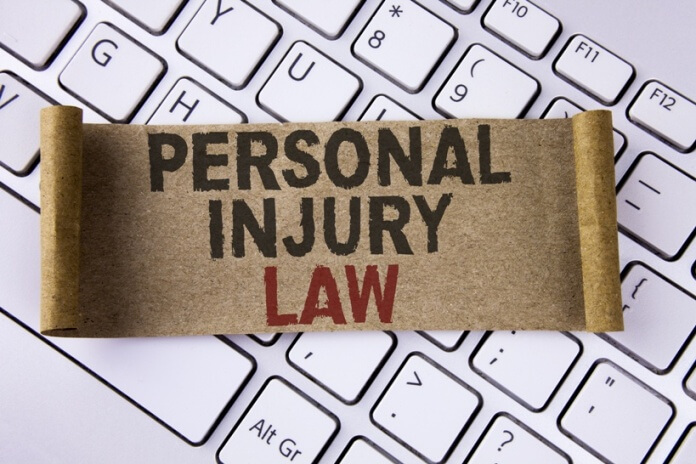Personal Injury cases can become a tedious, costly, and anxiety-inducing affair with the uncertainty of securing the expected compensation. While personal injury claimants deserve to recover the amount consistent with their losses, the bitter truth is that insurance companies try everything in their power to make sure that this amount is as low as possible, despite the severity of injuries or financial losses inflicted. This often makes securing the right settlement offer an uphill battle.
Emotional loss, adverse effects on work, physical therapy, and financial damages, while simultaneously keeping up with the timeline for a personal injury case are just some of the things you have to deal with in a personal injury claim. If you’re unable to get a reasonable offer to cover your expenses, it can spell serious financial trouble.
To make sure your case comes to a favorable outcome, you can follow the guideline below:
1. Get Medical Treatment
Maximizing your chances of winning a personal injury case will depend heavily on the evidence of your injuries and losses. For this purpose, you need to acquire the services of healthcare professionals to record your injuries and recommend a treatment plan. This documentation can help you in the negotiation process, enabling you to bargain for a higher settlement offer.
Even if you think your injuries aren’t that serious, you should seek medical assistance. Sometimes, the injuries are internal or have delayed effects. Moreover, stick to your doctor’s treatment plan. Get physical therapy, meet a psychologist, and do anything else that the doctor has asked of you. This compliance will play a pivotal role in building your case and launching a respectable defense.
2. Do Not Jump At The First Offer
If the insurance adjuster hands you a low-ball offer, don’t cave. A low offer is a common tactic to gauge your position and check whether you’re aware of your claim’s worth or not. Ask the adjuster for reasons behind such an insignificant offer and take notes. Afterward, write a brief response addressing each point the adjuster has listed.
If a reasonable offer is made, you can make a counteroffer close to your final demand. This will show the adjuster you know what you’re doing and are willing to negotiate. A little more back and forth negotiation will probably get you the final settlement amount you’re looking for.
3. Highlight Emotional Points
During negotiations, don’t go through the hassle of reiterating every fact. Just stress upon the points you think will bolster your position. Some things you can bring to light are:
- You had a financially, mentally, and physically damaging injury.
- The insured was totally in the wrong and responsible for the accident.
- Your proposed medical compensation was reasonable.
Any emotional points you bring forward will serve to strengthen your claim. For example, if you have car accident scene photos showing damage, lay them down on the table. If the injury resulted in days off work, let it be known.
Even though you can’t accurately estimate the value of an emotional loss, these revelations of pain and suffering can go a long way in titling the claim in your favor and getting you the settlement you want.
4. Put The Settlement In Writing
When you’ve reached an agreement with the adjuster, don’t waste time to ink the terms of the agreement in a message to the adjuster. Furthermore, keep the letter short and brief. You need only mention the finalized amount, injuries, and damages the settlement amount will cover, and the expected date by which the insurance company will deliver the settlement documents to your doorstep.
5. Hire An Attorney
While you can take care of the settlement yourself, an attorney can make the whole process go by more smoothly. A competent attorney works in your best interests and lets the insurance company know you’re dead serious on getting the compensation you deserve.
Some of the reasons why you need a personal injury lawyer to manage your case are:
- They can present the best possible personal injury case while ensuring no facts or details slip under the radar.
- They’ll be able to tell you how different legalities affect your rights. States have varying statutes of limitations and laws for comparative negligence.
- They can connect with medical providers to request medical documentation.
- They can provide legal consultation on the best course of action for your particular case.
- They can effectively negotiate with insurance adjusters.
Most personal injury cases are resolved without a court trial. However, if things get out of hand, you’ll know you’ll have the best possible representation safeguarding your interests.
Final Thoughts
A personal injury claim involves a lot of legal rigmarole and intense negotiation sessions. You have to gather medical documentation, communicate smartly, and generally build a solid case to give yourself a fighting chance. It’s best to hire a personal injury attorney to make sure everything goes to plan.

